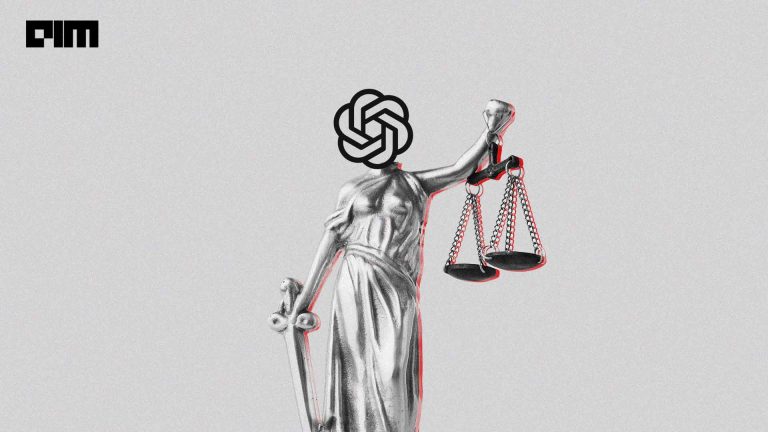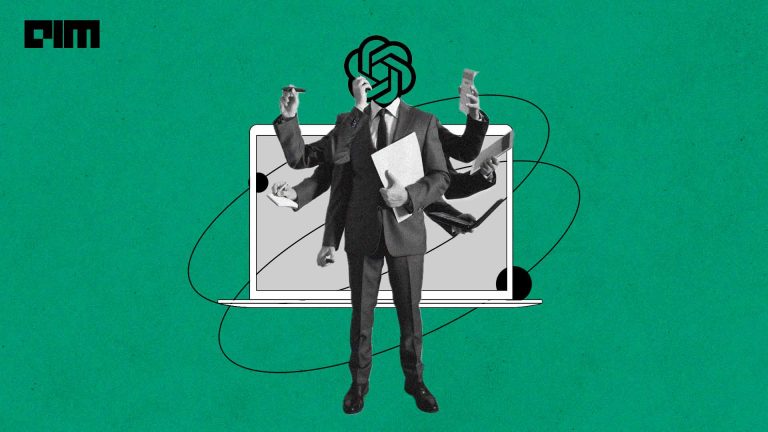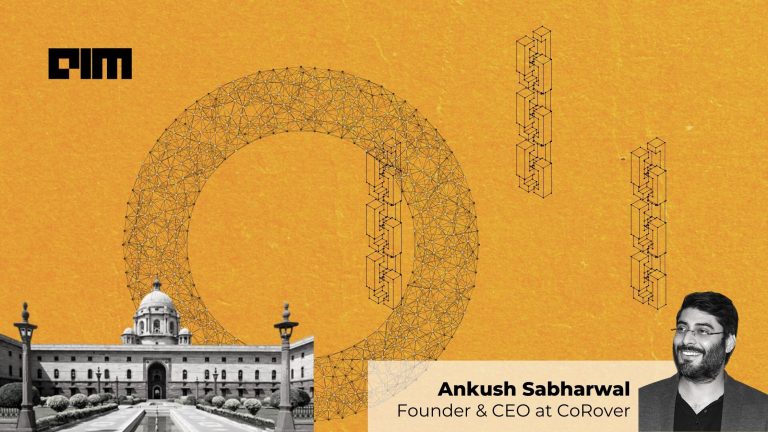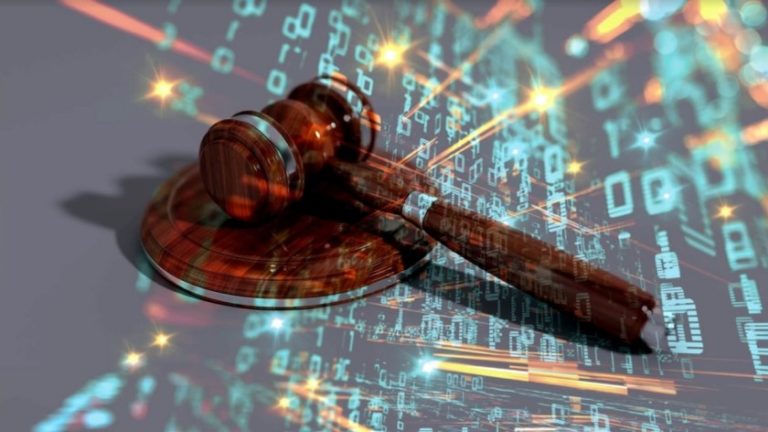Though the performance of artificial intelligence in the legal sector has been very successful, the rate at which it’s being deployed, at least in India, is abysmal. 100% of lawyers in the US and 95% in the UK have adopted AI, but only 4% of Indian lawyers use AI capabilities in their operation — even though 95% of Indian courts have been digitised. In recent years, the number of legal-tech start-ups and companies have been increasing but the Indian law practitioners are reluctant to adopt this technology-inclined mode of functioning.
The major setback which hindered previous attempts at AI implementation in the field of law was the lack of digital records inventory. Since then, India has witnessed its fair share of digitisation.
How Can AI Help
AI in law is similar to a novice lawyer, it learns by repeating an action over and over again. It calibrates its mistakes and enhances its understanding of the task to produce optimal results.
A lawyer is involved in a multitude of other things like logistics or the financial aspects related to a case. An AI makes a record of all the activities, keep tabs on expenditure, organise data, updates the team and the client of the developments, etc. In short, AI can take care of menial jobs instead, allowing lawyers to completely focus on the job at hand. An AI can learn the preferences of the users (lawyers in this regard) and perform actions anticipatorily which can reduce physical/mental strains.
“Enhanced efficiency, better time management, updated clients and impeccable financial management are the key changes lawyers are experiencing”, Dr Arvind Singhatiya said in an interview. Dr Singhatiya, founder and CEO of Legal Kart, is of the opinion that AI adoption in law is unavoidable and future law practitioners and institutions should acquaint themselves with the intricacies. He believes that it will tremendously increase the efficiency and help lawyers expand their outreach across various forums.
Legal Kart, an app launched for lawyers, provides solutions via the app. The app also helps them track their cases, add clients and talk to them, manage finances, teams, etc. The clients can also ask for real-time updates, information sharing and assistance. It also enables lawyers to connect with other lawyers. So far 3,000 lawyers in 250 cities use the app. The company plans to aggressively expand by trying to bring 25,000 users under its fold in 2020 alone. The app uses English and Hindi at present, the company promises the inclusion of several regional languages in the coming months.
Humans produce 2.5 quintillion bytes of data every day which makes processing the same impossible for an individual. AI can help with that, it looks for patterns in data and fetches the most relevant information.
Bound By Limitations
The biggest limitation is that an AI does not have a grasp over certain concepts yet. A humble effort at hypothesis, data inputs can define what law is but the AI is incapable of differentiating between the Fundamental Rights and the Preamble.
AI can be taught to induce the general/common/widely accepted meaning of words which enables it to understand and form sentences but it may not be able to comprehend complex phrase usages like ‘talking without a voice’. It will relate the action ‘talk’, and ‘voice’ with sound but it fails to draw the exact/intended meaning. This problem will only persist in the initial stages, through constant experimentation and ‘propagation’, AI will make the required changes.
After going through its database, an AI may retrieve 10,000 files which it deems relevant. Information in such sheer volume is unusable or a tedious affair on the lawyer’s part. The AI will eventually learn to filter data but initial data inputs have to be made.
All information, data, conversations, monetary transactions, etc made between the lawyer and the client will be recorded, therefore, efficiency and secrecy may be in contention.
Perhaps this is one of the reasons why the Chief Justice of India SA Bobde said that the use of AI in courts would be limited to the case and data management and not decision-making. He had addressed this issue earlier this month by saying that the idea of using AI was to manage cases and the huge amount of data. He had clarified that there is no move to substitute the judicial decision-making process of the human mind with AI.
CJI Bobde had said, “I wish to point out that it is not an attempt to introduce artificial intelligence in the decision-making process itself. The system we are looking at has a reading speed of about ten lakh words per second. Which means you can make it read anything and ask it any question, it will give you the answer.”
He had also given the example of the landmark Ayodhya case, where they had thousands of documents, which became simpler to decipher and formulate with the help of artificial intelligence. “However, there is no thought of substituting the judicial decision-making process of the human mind,” he had added.
Outlook
Even though there is a keen interest around leveraging AI adoption in the legal sector, India is yet to mainstream the technology. One of the primary reasons for slow AI adoption in India is the lack of digitisation of data available.
However, using AI in law will quicken the procedures involved in law and make the whole practice much more efficient. It will also bolster communication between the lawyers and their clients. Clients, as well as lawyers, can track expenses incurred and payments to be made, bringing greater transparency.



















































































